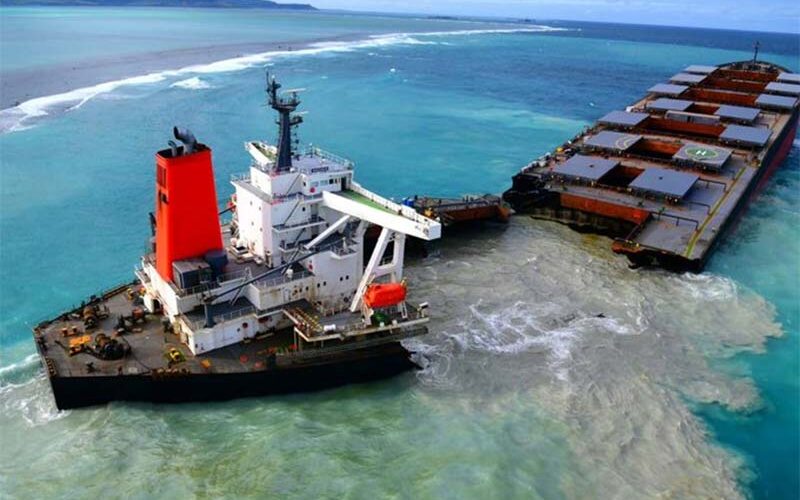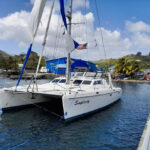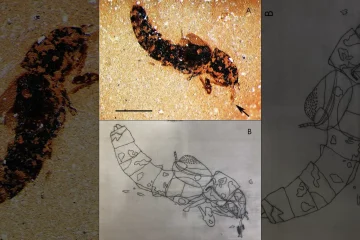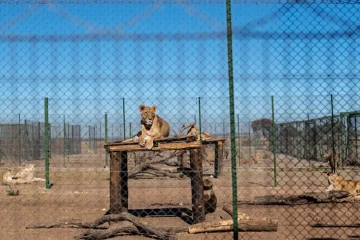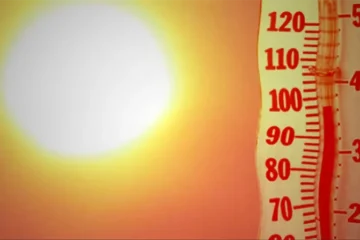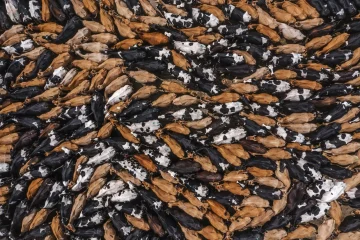GIULIA PARAVICINI
SEVENTEEN dead dolphins washed up on Mauritius’s shore on Wednesday, a government official told Reuters, a month after an oil spill from a Japanese ship that ran aground caused a major ecological disaster in the area.
“The dead dolphins had several wounds and blood around their jaws, no trace of oil however. The ones that survived, around ten, seemed very fatigued and could barely swim,” said Jasvin Sok Appadu from the fisheries ministry.
The dead dolphins have been taken to the Albion Fisheries Research Centre for an autopsy, Appadu said. Results are expected on Wednesday night.
A spokeswoman for local Mauritian environmental group Eco-Sud called for the autopsy results to be released publicly and said the group wanted to be present during the autopsy “to better understand why the dolphins died,” but was still waiting for a response from authorities.
The spill came from the Japanese-owned MV Wakashio, which ran aground on July 25 and began to spill oil about a week later. The ship was scuttled Monday.
The full impact of the spill is still unfolding, scientists say, and the damage could impact Mauritius and its tourism-dependent economy for decades.
The wildlife at risk include the critically endangered Pink Pigeon, endemic to the island, the seagrasses, clownfish and mangrove forests, whose roots serve as nurseries for fish.
The Mauritius Marine Conservation Society said 15 kilometers of coastline have been affected by the spill and it is moving towards the Blue Bay Marine park, home to 38 types of coral and 78 species of fish. – Thomson Reuters Foundation.

